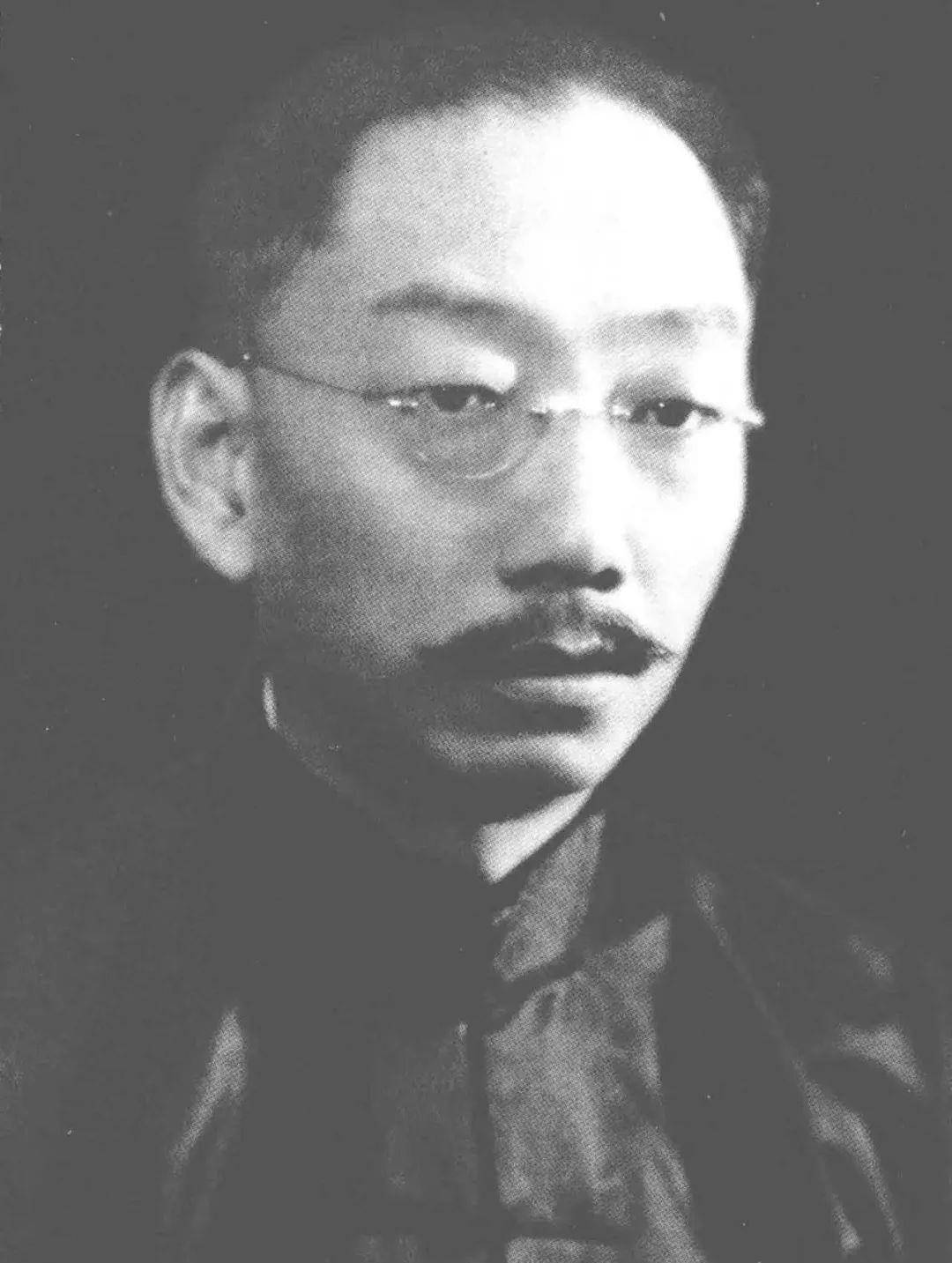Feng Yu-lan (1895-), noted philosopher, best known for his Chung-kuo che-hsueh-shih [history of Chinese philosophy] and for his philosophical system, which combined Neo-Confucianism of the Ch'eng-Chu school with Western realism and logic and with elements of Taoist thought. After 1950, he publicly committed himself to interpreting Chinese philosophy according to the tenets of Marxism-Leninism. A […]






